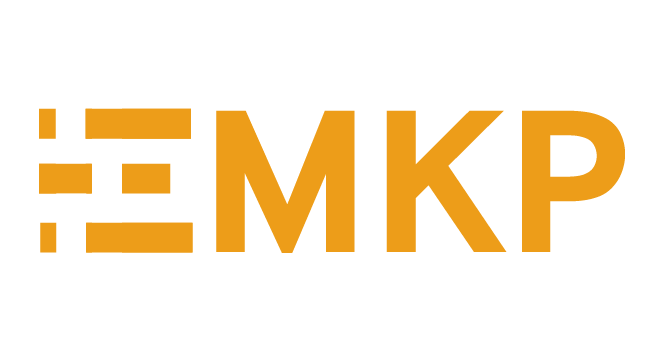The EMKP Mending and Making Workshop, 25-26 January 2023
In the final week of January, the EMKP Team hosted Mending and Making: a two-day workshop dedicated to the role of mending in material histories, jointly funded by Arcadia and the British Museum Research Fund. The hybrid event was attended by scholars, practitioners, and artists from around the world and across disciplines, bringing together the fields of anthropology, archaeology, history, design, fine arts, sociology, conservation, and more.
The workshop began with an introduction by EMKP Director Lissant Bolton, who spoke about the EMKP and the importance of mending as part of material cultures and histories. EMKP Panel Member Stephanie Bunn (University of St. Andrews) delivered the first keynote, “Making True and Mending,” which drew on her research on UK basketry and netmaking and Central Asian textiles. This poignant presentation argued that mending is an act of care that goes beyond economic necessity, playing a significant role in the livelihoods, relationships, health and wellbeing of makers and menders.
The second keynote, “Repair-making,” was delivered by artist Bridget Harvey, who spoke about how mending and care have influenced her research and artistic practice. Reflecting on her experience as the 2018/2019 Artist in Residence at the Victoria & Albert Museum, Bridget shared her insight on the relationship between repair and conservation in museum collections, bringing up questions about the tensions and dichotomies between visible and invisible repair. The presentation also explored how the act of repair ties to notions of agency, continuity, privilege, and the self – demonstrating the importance of repair not just as a part of object histories, but also of our collective future.
The sessions that followed were based on the themes of “Rethinking Mending (and Making),” “Past Mends,” “Material Histories,” “Art and Community Mending,” and “Conservation and Museum Mending.” With no less than 24 speakers delivering 20 presentations, the range of topics being explored was vast – including patchwork and bricolage in southern Africa, archaeological evidence of repair in Athenian pottery, commercial mending in the UK, collaboratively-mended quilts in the United States, and devotional acts of reuse and repair within Himalayan Buddhism.
With speakers joining in from across the world, both in person and online, each topic opened new possibilities for connection and collaboration. It was thrilling to hear the conversations happening around the room, and to learn about the exciting research taking place in different fields and subject areas.
We were incredibly pleased to include an exhibition of photography from the “Visible Mending” project at the event, courtesy of independent creative Steve Bond. In 2010, together with Catilin deSilvey and James Ryan, Steve photographed the environments and workspaces of professional menders across the southwest of England, including workshops, tailors’ studios, mechanics’ garages, and more. His photographs offer a remarkable glimpse into the worlds of everyday craftspeople and the objects they worked with. Steve introduced the exhibition during an evening reception, reflecting on how much interest in mending and menders has grown in the 10 years since “Visible Mending” began.
Catherine Howard (University of Leeds) brought a practical component to the workshop, inviting attendees to contribute to her project, Mending the Tears. Participants were given sewing materials and scraps of vintage textile, which they could rip and mended as they saw fit. The mended scraps were then added to the main project, joining a larger the tapestry of mends. By combining these individually mended pieces into a single garment, Mending the Tears aims to create a collaborative art piece that embodies both the many different approaches to repair, and the restorative power of the mending process.
It was a great privilege to host the Mending and Making workshop this year. The EMKP Team would like to extend our sincerest appreciation to Arcadia and the British Museum Research Fund for funding the event; the speakers who so generously contributed their knowledge, time, and experience; and everyone who attended, whether in person or online.
Thank you for supporting the EMKP!
